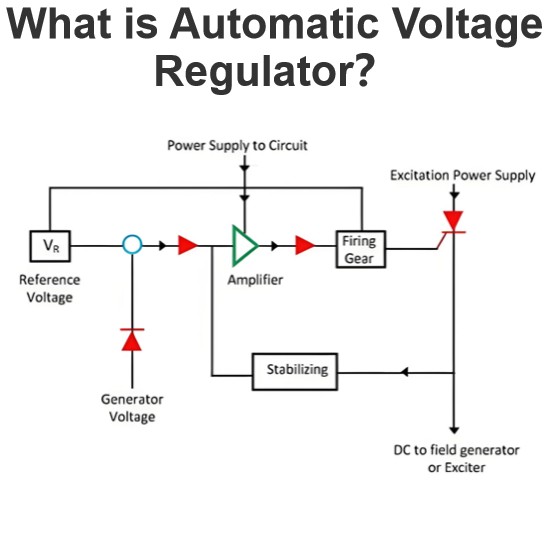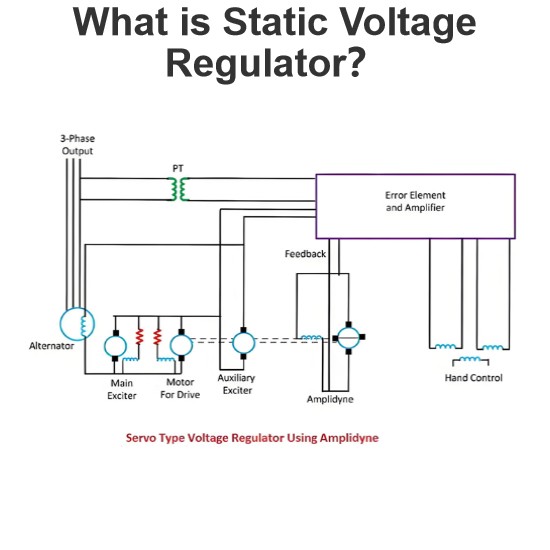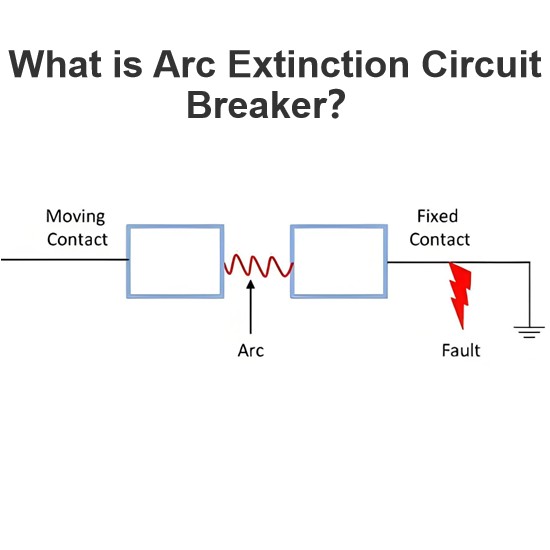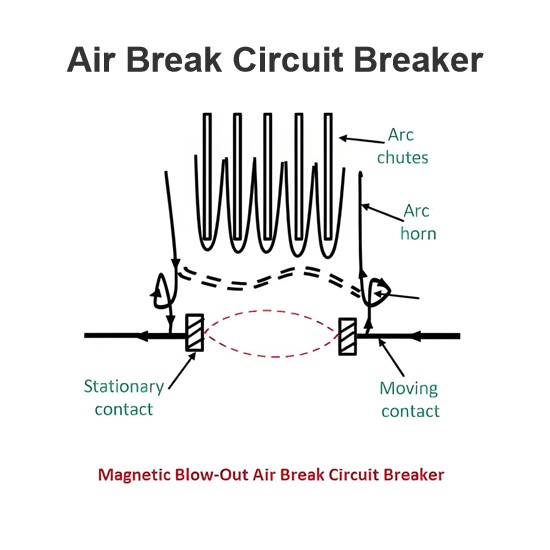What is a Solar Cell?
What is a Solar Cell?
Solar Cell Definition
A solar cell (also known as a photovoltaic cell) is an electrical device that transforms light energy directly into electrical energy using the photovoltaic effect.
Working Principle
The working of solar cells involves light photons creating electron-hole pairs at the p-n junction, generating a voltage capable of driving a current across a connected load.
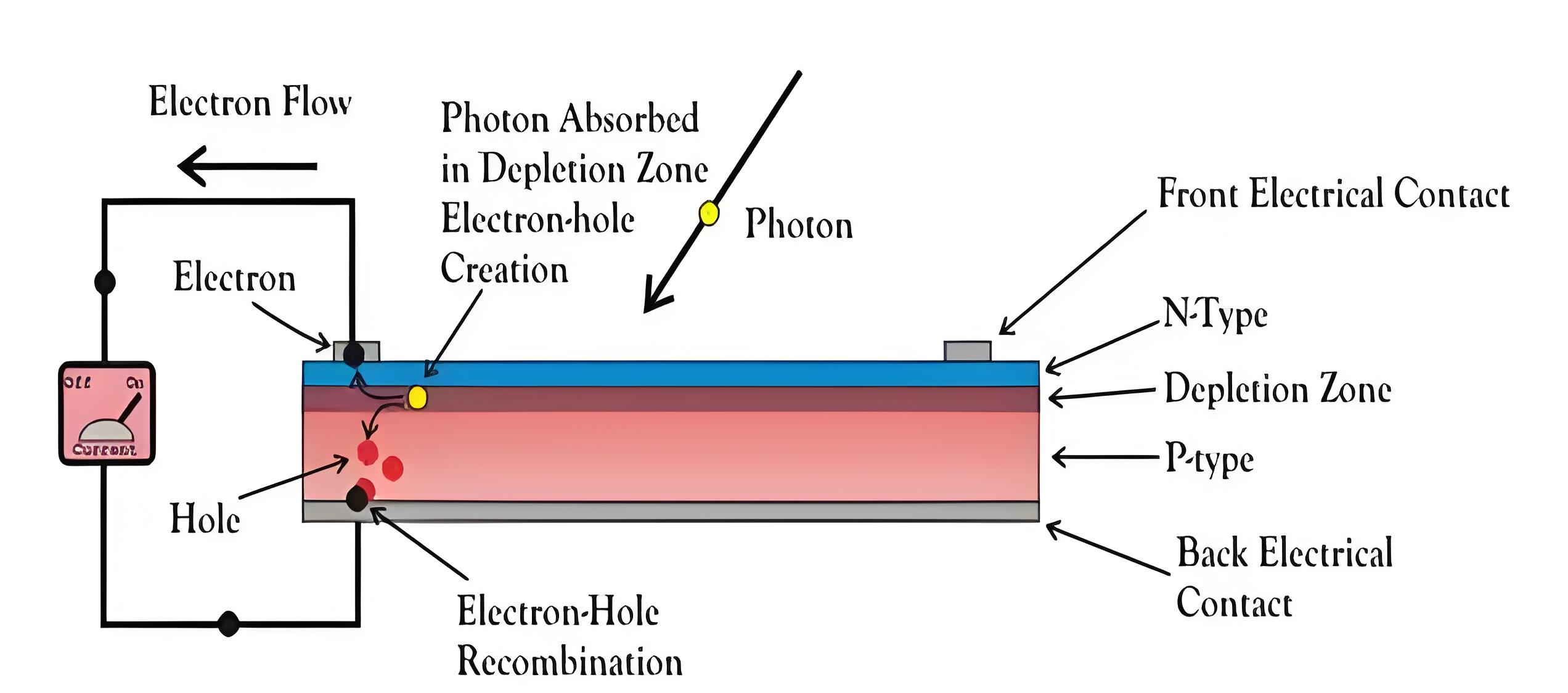
Construction Details
Solar cells consist of a thin p-type semiconductor layer atop a thicker n-type layer, with electrodes that allow light penetration and energy capture.
Material Characteristics
Essential materials for solar cells must have a band gap close to 1.5 ev, high optical absorption, and electrical conductivity, with silicon being the most commonly used.
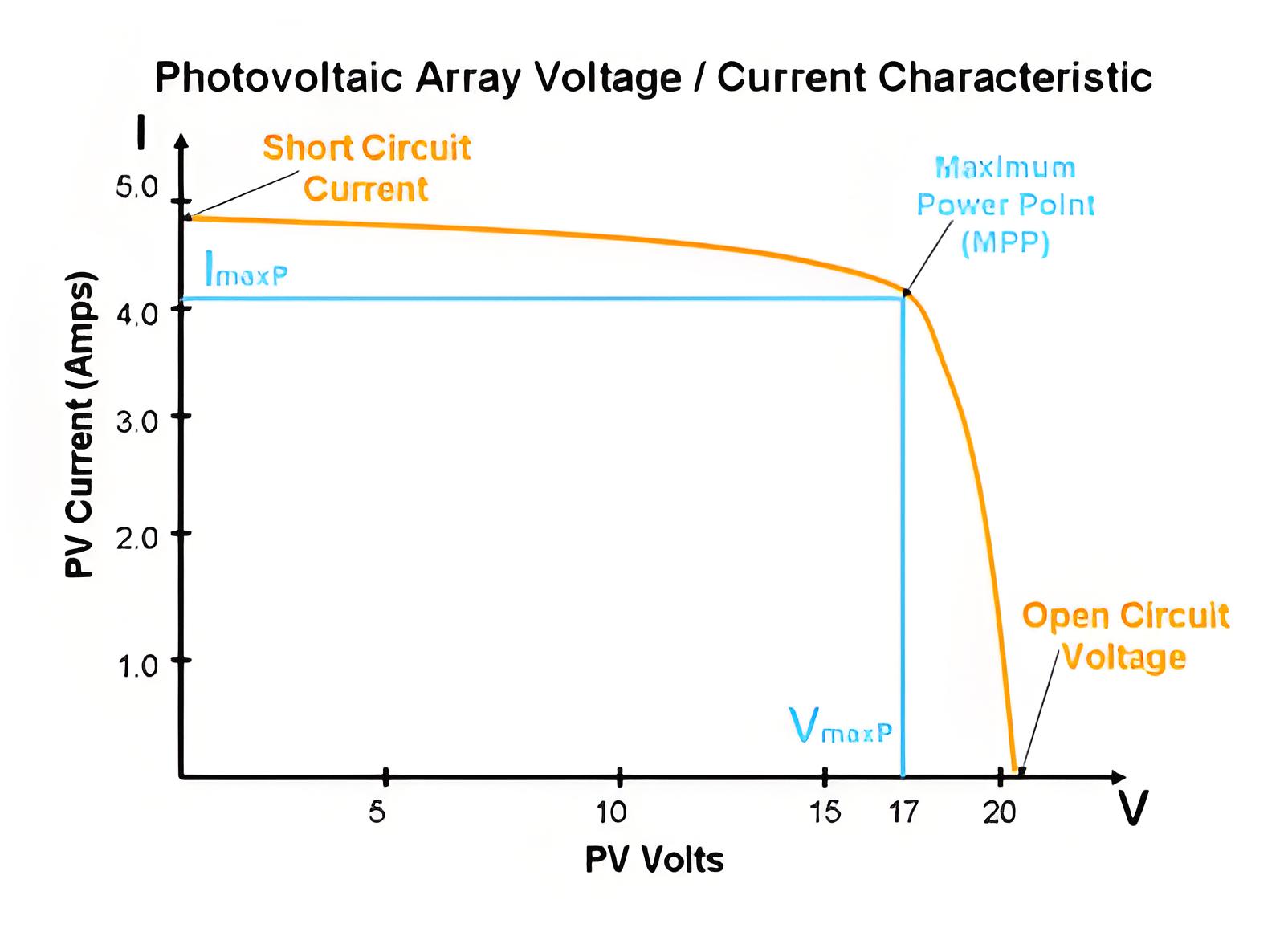
Advantages
No pollution associated with it.
It must last for a long time.
No maintenance cost.
Disadvantages
It has high cost of installation.
It has low efficiency.
During cloudy day, the energy cannot be produced and also at night we will not get solar energy.
Practical Uses
Solar cells power devices from small calculators and wristwatches to large-scale applications in spacecraft, highlighting their versatility and growing importance in renewable energy systems.
The Electricity Encyclopedia is dedicated to accelerating the dissemination and application of electricity knowledge and adding impetus to the development and innovation of the electricity industry.
